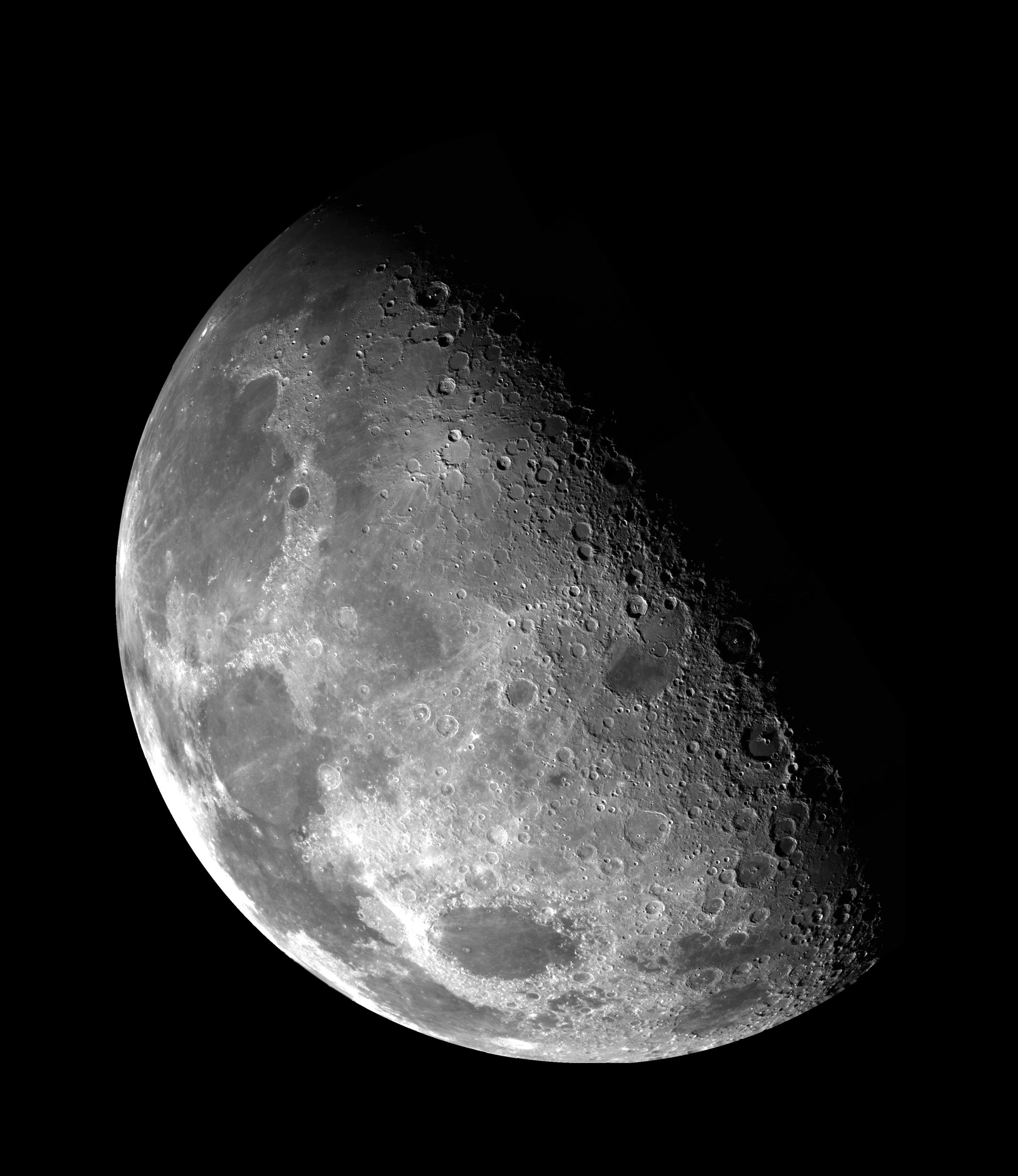Ancient Egyptian Rituals: A Window into a Fascinating Civilization
When we think of Ancient Egypt, images of majestic pyramids, intricate hieroglyphs, and enigmatic pharaohs often come to mind. However, there is another aspect of this civilization that is equally captivating: their rituals. Ancient Egyptians had a complex belief system and a rich array of rituals that played a central role in their daily lives. In this blog post, we will delve into the fascinating world of ancient Egyptian rituals, exploring their purpose, symbolism, and significance.
1. Understanding the Ancient Egyptian Belief System
The religious beliefs of the ancient Egyptians were deeply rooted in their daily life. They believed in a pantheon of gods and goddesses who controlled various aspects of nature and human existence. Their primary goal was to maintain Ma’at, the divine order of the universe, which involved preserving balance, harmony, and justice.
1.1. The Role of Pharaohs
The pharaohs, considered the earthly embodiment of the gods, played a pivotal role in maintaining Ma’at. They were believed to have a direct connection with the divine realm and were responsible for ensuring that the rituals were performed correctly. Pharaohs served as intermediaries between the gods and the people.
2. Daily Rituals
Ancient Egyptians embraced rituals as an integral part of their daily routines. These rituals ranged from simple acts of purification to more elaborate ceremonies.
2.1. Morning Rituals
The start of a new day in ancient Egypt was marked by various rituals. Upon waking up, individuals would cleanse themselves with water and offer prayers to the gods, expressing gratitude for a new day and seeking their protection throughout the day.
2.2. Temple Rituals
Temples served as the central hubs for religious practices. Egyptians would visit temples regularly to perform rituals and make offerings to the gods. These offerings included food, beverages, and objects believed to have symbolic value.
2.3. Funerary Rituals
Ancient Egyptians held elaborate funeral ceremonies to ensure the deceased’s successful transition into the afterlife. These rituals involved intricate burial practices, mummification, and the provision of essential items needed in the afterlife.
3. Key Rituals and their Symbolism
Ancient Egyptian rituals were rich in symbolism, reflecting their deep spiritual beliefs and values.
3.1. Opening of the Mouth Ceremony
The Opening of the Mouth ceremony was a crucial ritual performed on mummies or statues to restore the deceased’s ability to see, hear, and eat in the afterlife. It involved symbolic gestures, incantations, and the placing of various objects on the deceased’s body, enabling them to continue their existence beyond death.
3.2. Sed Festival
The Sed Festival was a jubilee celebration held to rejuvenate the pharaoh’s power and reaffirm their divine legitimacy. It marked the continued prosperity and stability of the kingdom. The ritual included the pharaoh running a symbolic race and reenacting their coronation.
3.3. Heb-Sed Festival
The Heb-Sed Festival was a significant event celebrated after a pharaoh’s thirty years on the throne. It symbolized the pharaoh’s ability to rule successfully and included a series of rituals, such as the pharaoh shooting arrows in four cardinal directions, as a way to assert their dominion.
4. Significance of Ancient Egyptian Rituals
Ancient Egyptian rituals held profound significance in various aspects of their society.
4.1. Spiritual and Religious Significance
These rituals served as a means to establish and maintain a connection with the gods, ensuring their favor and protection. Through rituals, the ancient Egyptians sought guidance, prosperity, and spiritual enlightenment.
4.2. Social Significance
Ancient Egyptian rituals fostered a sense of community and cohesion among the people. Temples were central gathering places where individuals could come together to worship, participate in festivals, and engage in communal activities.
4.3. Political Significance
Rituals also played a crucial role in legitimizing the pharaoh’s authority. By performing rituals and maintaining Ma’at, the pharaoh demonstrated their divine right to rule, ensuring harmony and prosperity within the kingdom.
5. References
| Source | Link |
|---|---|
| Ancient Egypt Online | https://www.ancientegyptonline.co.uk |
| Egyptian Museum, Cairo | http://egyptianmuseumcairo.org |
Ancient Egyptian rituals offer a captivating glimpse into the beliefs and practices of one of the most remarkable civilizations in history. The complexities and symbolism embedded within these rituals continue to intrigue and inspire us today. Through their rituals, the ancient Egyptians sought to maintain harmony and connect with the divine, leaving an enduring legacy that continues to fascinate us.
Table of Contents
